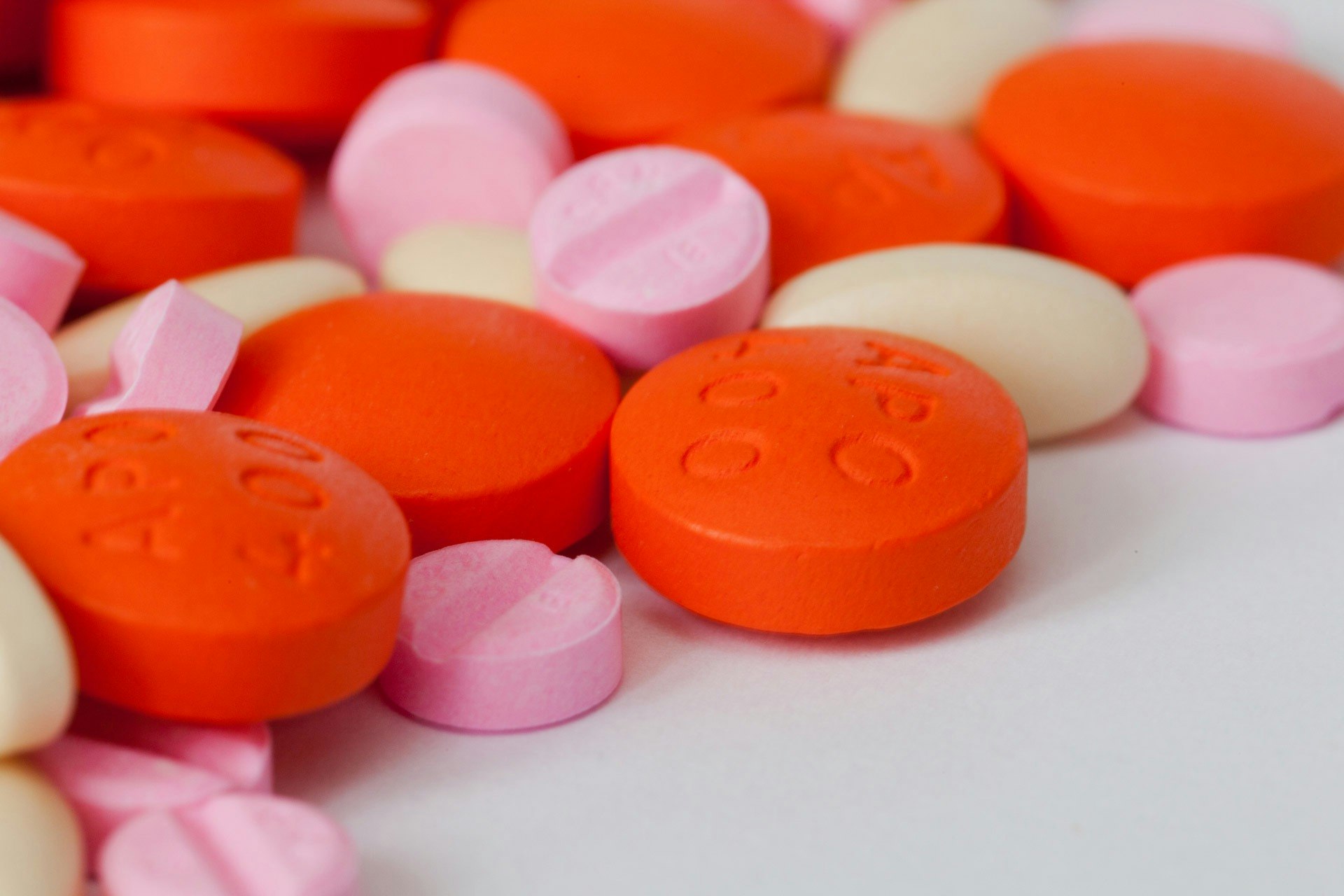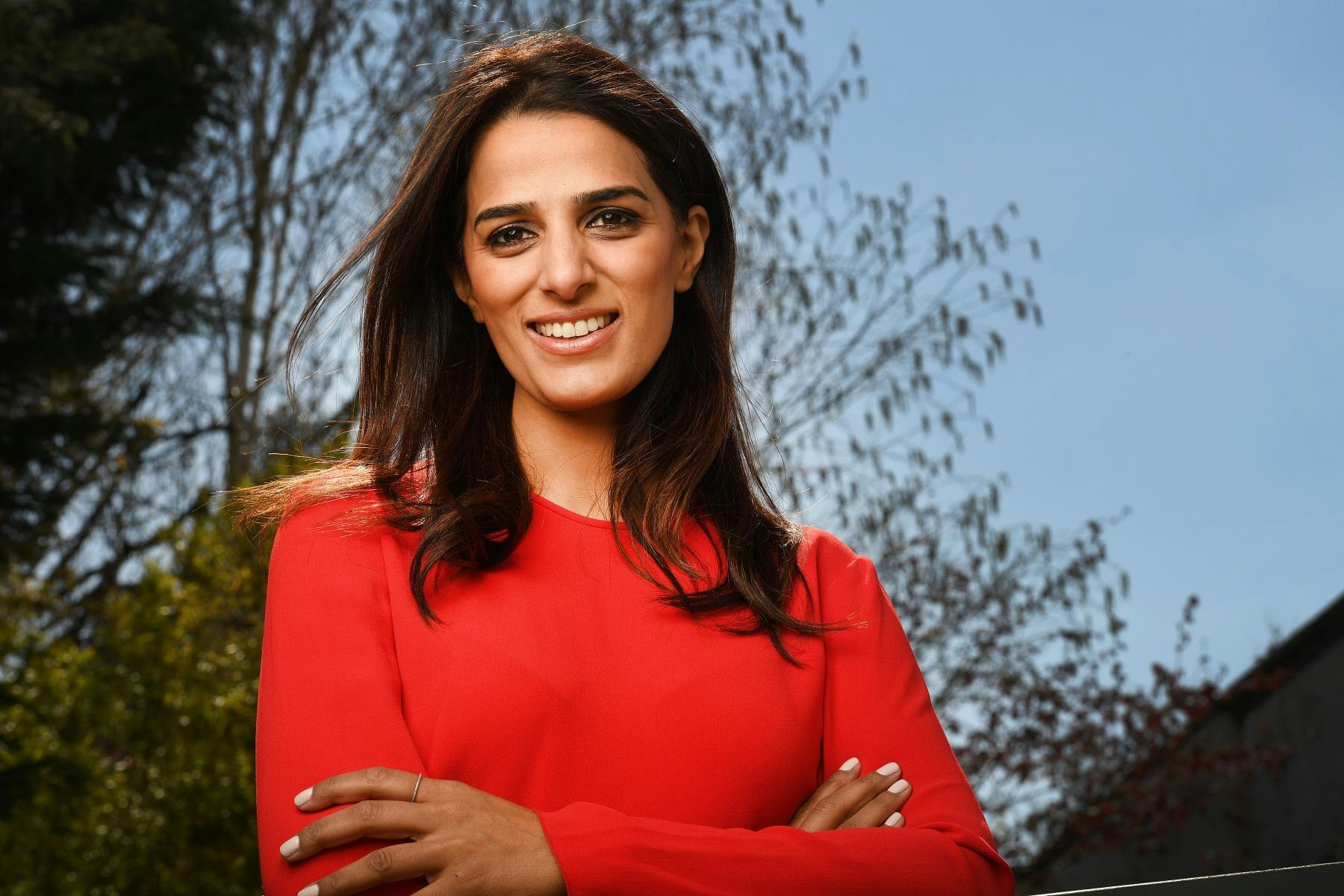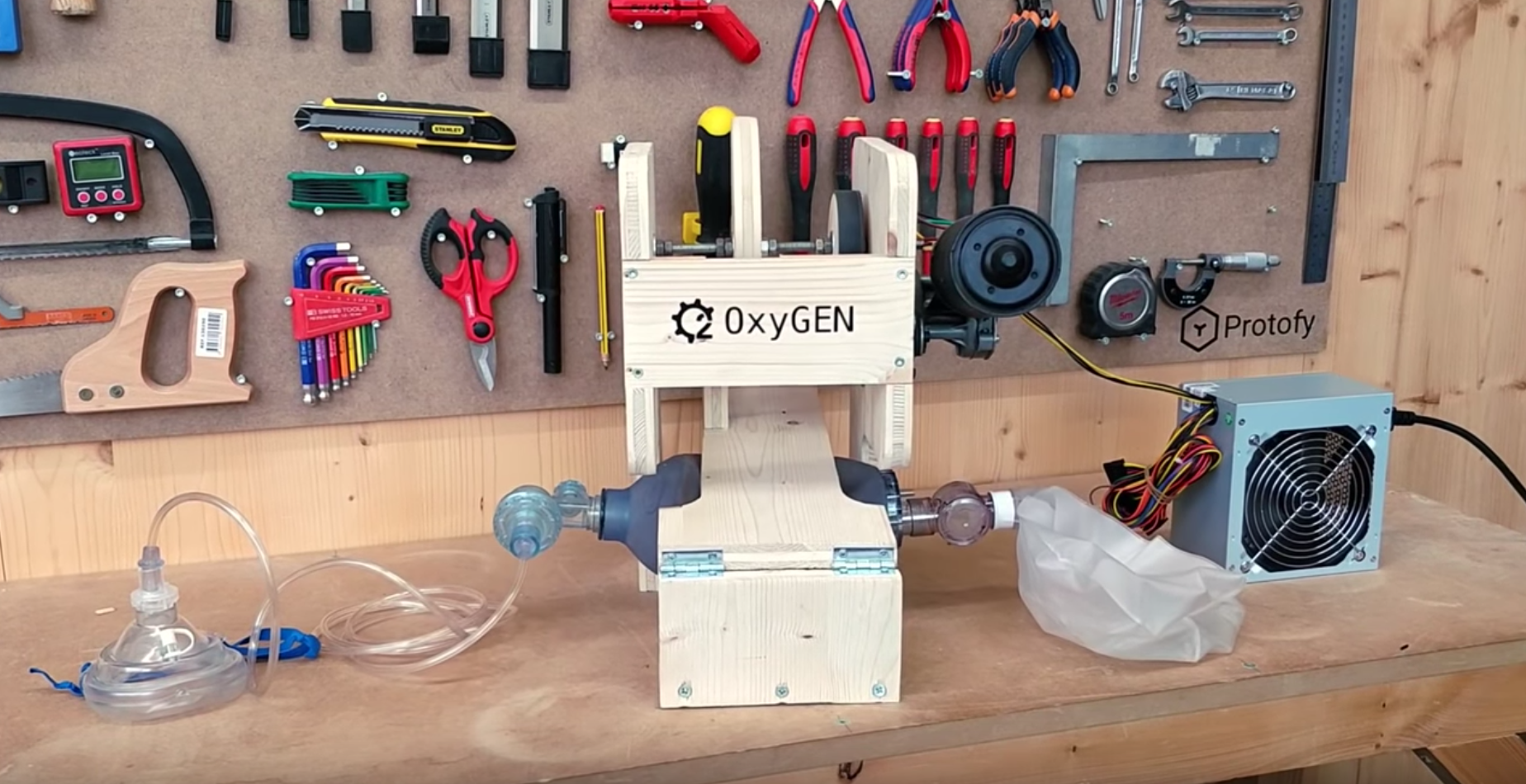“It still makes the hair stand up at the back of my neck, thinking about it,” says Peter Richardson, vice president of pharmacology at BenevolentAI, describing the moment when he realised that baricitinib, a drug previously used for the treatment of rheumatoid arthritis, could be an effective treatment for Covid-19.
The team at BenevolentAI, a UK company that uses machine learning to aid drug discovery, had been searching through their database of all existing, approved drugs, searching for one that could be repurposed to treat the novel coronavirus.
The whole process took just three days.
“Most drug companies had been looking at antiviral drugs, but we approached it from the other end and looked at what processes used by the virus could be disrupted,” says Richardson.
Protein kinases — enzymes that speed up chemical reactions in the body — seemed a promising area to look into. Some of these regulate the way substances can enter human cells — disrupt them, and the virus might be unable to get into the lung, heart and kidney cells it has been so prone to invading.
Baricitinib, a drug developed by Eli Lilly and approved in 2018, stood out because it not only inhibited kinases but also prevented the cytokine storms — the body’s own extreme autoimmune reactions that have led to so many fatalities with Covid-19. It was also likely to be compatible with other drugs being used to treat the disease, such as remdesivir. Richardson and a team of three part-time researchers identified an initial 370 kinase inhibitors, and then narrowed it down to six that looked most likely to work.
The whole process of finding it had taken just three days.
“It validated using AI for this kind of problem,” says Richardson. “It would have been impossible for the four of us to do it at that speed otherwise. If you took 250 people you still couldn’t do it at that pace because there would be too many competing ideas. You really can’t do it without an organised knowledge graph and the ability to query it.”
After Richardson and his team wrote to The Lancet, the medical journal, about their discovery, Eli Lilley got in touch and began preparations for a clinical trial of the drug, which will begin in the US this month in collaboration with the National Institute of Allergy and Infectious Diseases (NIAID).
Richardson is hopeful that the clinical trials — sometimes notoriously slow — will start to produce results relatively rapidly in this case. “The virus is so fast-acting that clinical trials are never going to be more than two or three weeks, so we will know very quickly if patients are responding or not.”
Speeding up
The Covid-19 crisis is giving artificial intelligence (AI) companies an opportunity to demonstrate whether they really can speed up the development of new drugs. Even before the crisis there were promising signs that AI could get new drugs through the discovery phase five times faster than conventional methods. Drug development typically takes a decade from idea to market, with failure rates of over 90% and a price tag between $2bn and $3bn.
AI had promised to shave off some of the time and cost, but the first AI-aided drugs were just starting to trundle through the clinical trials, and the pharmaceuticals industry was still in a “wait and see” phase.
The Covid crisis has speeded everything up a notch.
With just 2,000 approved drugs in existence, it could be that none of them work.
Medical AI companies including South Korea’s Deargen and Hong Kong-based InSilico Medicine are also conducting research in this area, and Paris-based AI company Iktos is working with SRI International, a synthetic chemistry company in California, to look for new molecules that could combat the disease. The idea is that Iktos’s deep learning model would design a new virtual molecule and SRI would make it.
Another UK-based AI company helping search for Covid-19 cures is Exscientia, which has teamed up with Diamond Light Source, the UK's national synchrotron facility, and Calibr, a division of Scripps Research, to screen nearly every known approved and pre-clinical drug for use against Covid-19.
Unlike BenevolentAI, looking through existing drugs is not Exscientia’s specialism. The company more often helps drug companies look for entirely new treatments, but Andrew Hopkins, founder and chief executive of Exscientia, felt it was worth starting with what already existed. “If we could find an already approved drug that works we could rapidly roll it out,” says Hopkins, meaning a drug could be available for use in as little as two to six months.
This involves screening some 15,000 clinically ready drug components to see if they would disrupt the virus, focusing on three areas: 3CL protease, the NSP12-NSP7-NSP8 RNA polymerase complex (both of which are vital components for viral replication) and the virus’s SPIKE protein, which interacts with the human cell receptor ACE2 in order to gain entry to human cells. The first findings are expected within two weeks.
There is a huge opportunity for AI to fill the data gap we have about the virus.
On the other hand, Hopkins points out, there are just 2,000 or so approved drugs in existence and it could be that none of them work as effectively as needed.
“We may have no existing compounds that can tackle this,” he says.
In that case, the research Exscientia is doing now will help lay a foundation for the next phase — searching for entirely new molecules to use. Data from the current studies will already give clues for how the virus works, and Exscientia’s models, which have been designed to work from relatively scanty amounts of data, may be able to point in the right direction.
“There is a huge opportunity for AI to fill the data gap we have about the virus,” says Hopkins.


